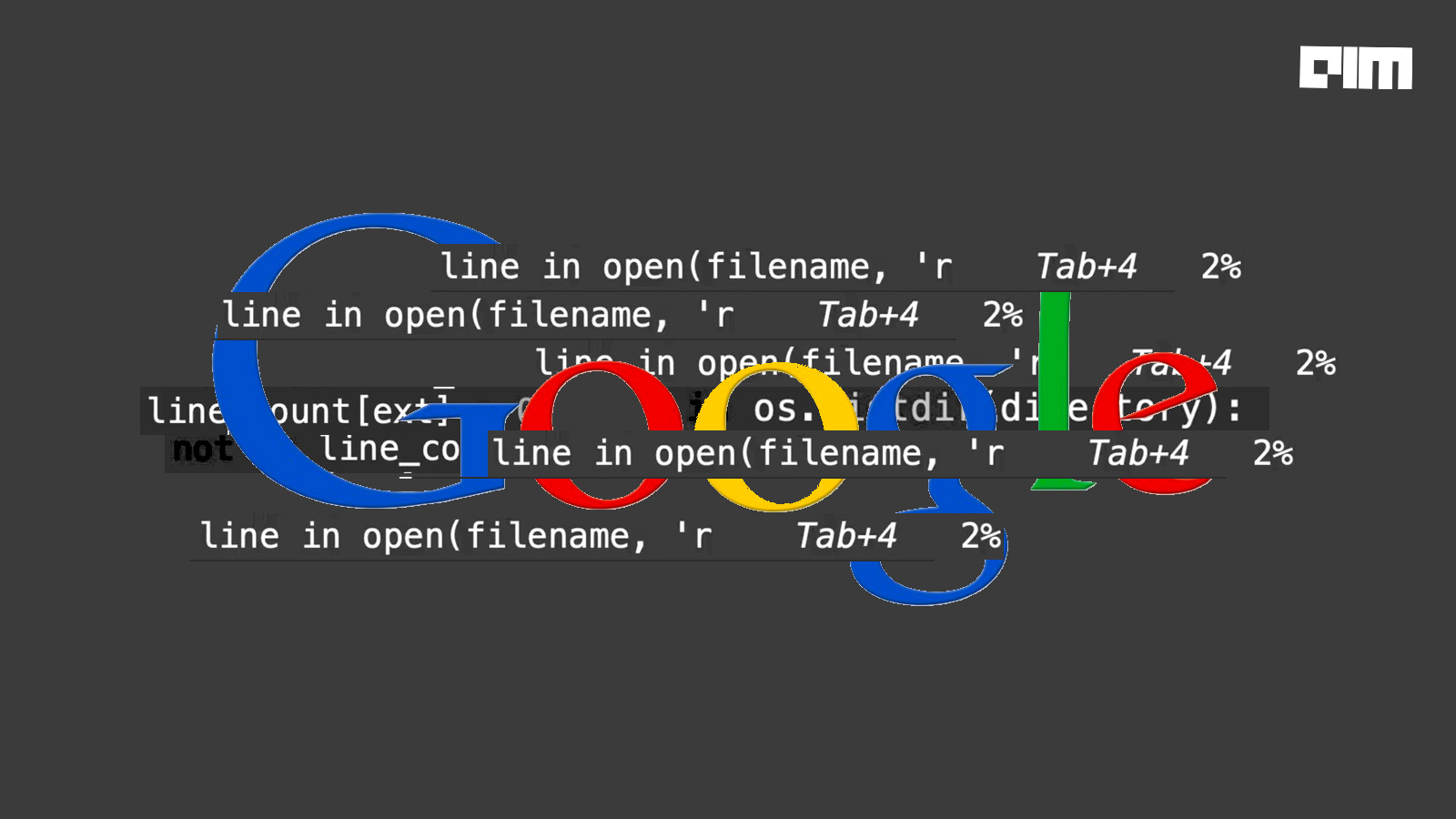According to an Insider report, Google has abandoned its latest augmented reality (AR) headset. The project was apparently put on hold earlier this year due to various factors such as layoffs, organizational changes, and the departure of Google’s AR/VR chief, Clay Bavor. Google, however, has not yet confirmed or denied the shelving of Project Iris.
This development could actually be advantageous for Google, considering that its main competitors, Meta and Apple, have struggled to make significant progress in AR/VR wearables and are still trying to establish themselves.
During Apple’s recent WWDC event, they unveiled their Vision Pro AR/VR headset. In contrast, Meta announced the upcoming release of their Meta Quest 3 headset in the fall and also reduced the price of the Quest 2. From Meta’s perspective, these moves were essential for their entry into the metaverse envisioned by Mark Zuckerberg.
However, according to Insider’s report, the overall market consensus is that the metaverse concept is now considered a failed idea in the tech industry.
While Apple’s Vision Pro headset is expensive, Meta’s Quest series lacks a strong use case beyond gaming. The Vision Pro offers a meager two hours of usage without being connected to a power source, which is even inadequate for watching an entire movie on OTT platforms or lasting through a flight.
VR/ AR Headsets aren’t the future
There is currently limited evidence to suggest that people would willingly wear headsets for extended periods. The task of sitting in front of a laptop or desktop for long hours is already burdensome, so the idea of wearing a snorkel-shaped device like Apple’s Vision Pro seems even more daunting.
Many users of Meta’s Quest 2 have complained about experiencing motion sickness.
In the world we currently live in, we are already drifting away from reality as we mindlessly scroll through social media apps on our smartphones. The line between the real world and the virtual world is already starting to blur. The introduction of AR/VR headsets will further diminish this distinction, integrating virtual reality into our everyday lives.
Anand Mahindra, chairman of Tech Mahindra, expressed his concerns about the Vision Pro launch, questioning whether communal activities like watching movies and sports matches will be replaced by a room full of people wearing headsets, akin to zombies.
Even if we reluctantly accept that VR/AR headsets are the future, it will take a considerable amount of time for the general public to adopt them. Apple’s Vision Pro AR/VR headset comes with a staggering price tag of $3,499, which can be anxiety-inducing for many. To put it into perspective, you could purchase four units of the iPhone 14 with that amount and still have money left over.
In my understanding, VR/AR headsets are merely gadgets that won’t stand the test of time. This could explain why even Apple CEO Tim Cook did not wear the headset at the event.
Google’s not so good experience with Glass
Google has previous experience in the field of eyewear technology with the release of Google Glass in 2013. However, this product failed to gain widespread success and was eventually limited to enterprise use only.
The failure of Google Glass can be attributed to the creators’ oversight in properly defining and validating the target users and the specific issues the product intended to solve. Instead of focusing on delivering practical solutions and value, they mistakenly relied on the hype surrounding the product and assumed it would naturally appeal to a broad audience.
There are clear similarities between the failure of Google Glass and the challenges faced by the concept of the Metaverse.
Google isn’t fully out of the game
To mitigate risks, Google has opted for a cautious approach by forming partnerships with Samsung and Qualcomm to develop a mixed reality platform. They are not completely immersed in the game, but they haven’t withdrawn either.
According to the report, Google has redirected its focus from hardware to software. The company is presently working on a “micro XR” platform with the intention of licensing it to different manufacturers of headsets. This strategy is similar to how Google offers the Android operating system to a wide range of smartphone manufacturers.
However, the true practical applications of the Metaverse are still to be discovered, and there is a possibility that by playing it safe, Google may allow Meta and Apple to take the lead in this emerging field.
